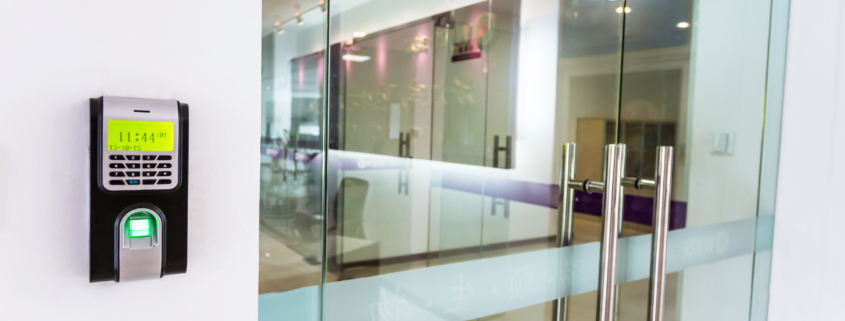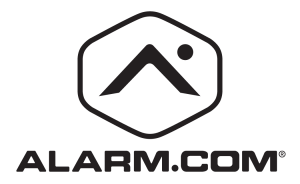When you run a business, controlling access encompasses a range of physical areas and computerized processes. Managing the associated tasks and roles involved in maintaining security is always challenging. A people-focused approach leaves too much room for error or compromise. Automated systems can eliminate all these issues.
There are several solutions that access control systems provide for businesses. Automation allows for one-time setup, real-time monitoring, and management. You will have all the tools needed at your disposal to ensure that all security protocols are met.
Restricted Access by Time Schedules
Controlling who can access secure areas and data is often a time-based consideration. Many businesses hire supervisors and managers to oversee access during each shift. Security guards are also charged with restricting access out-of-hours.
When you automate, restricting access to systems and secure areas is simplified. You can plug in a schedule that facilitates the needs of your business. Making changes is also easy with remote access to security systems being available to authorized personnel.
Restricted Access by Day of the Week
Employees requiring access to restricted areas or data is a constant issue for understaffed businesses. When your processes are based on a seven-day period, organizing access through automation negates the need for a physical key holder.
You can allocate access based on weekly scheduling, ensuring that trusted employees can work uninhibited. This results in a reduction of billed hours, allowing your business to thrive and grow. Remote control of access also means the ability to alter authorizations without traveling to your business premises.
Restricted Access by User
User-level access is one of the most effective ways to tighten security. While restricting access to sensitive areas and data is crucial, logging unauthorized breaches is just as important. The ability to link any user to an access point is both a deterrent and a recording tool for business owners.
Sharing physical keys can result in costly misconduct with no way of identifying perpetrators. Restricting access to users with a pin, swipe card or fob technologies ties the user to each interaction. This information is recorded and easily accessible at any time.
Temporary Users
It is not unusual for businesses to grant temporary access to visitors, vendors, or contractors. In these instances, there is a greater risk to data and merchandise. When you allow visitors to access secure areas and systems, tagging those engagements to a temporary fob or similar technology is recommended.
You can restrict the level of access for temporary users. For instance, it doesn’t make sense for a trainee to have access to sensitive customer data. It is possible to integrate all your technologies so that authorizations are tightly controlled. At HS Tech Group, we combine our security expertise with innovation to provide all the solutions your business needs.
Reach out to HS Tech Group if you are struggling to control access in your home or business premises. We can help you identify risks, create solutions and implement technologies that work together to strengthen security.






